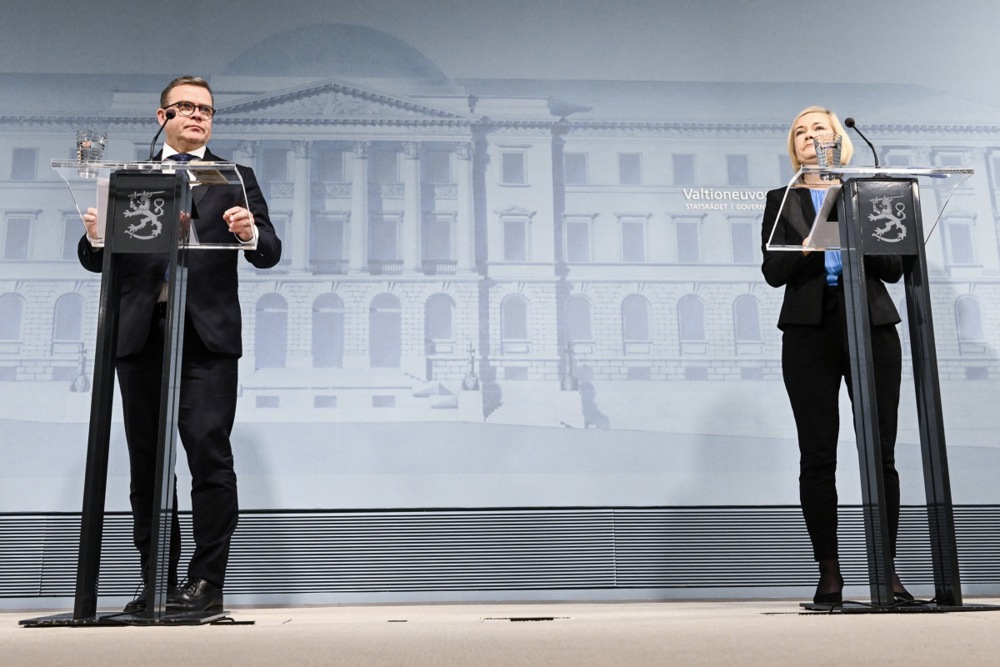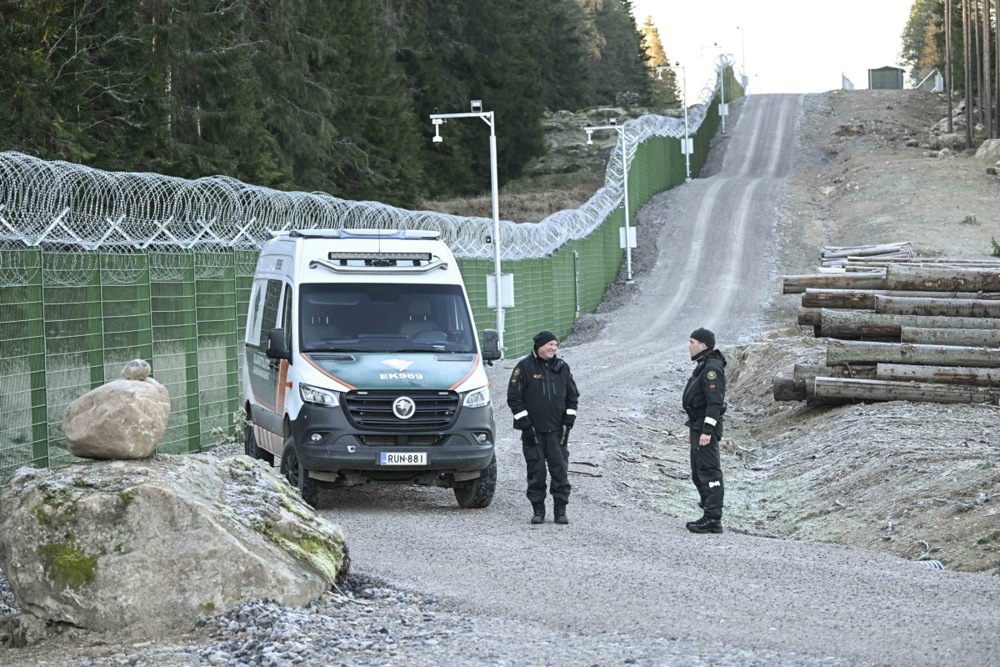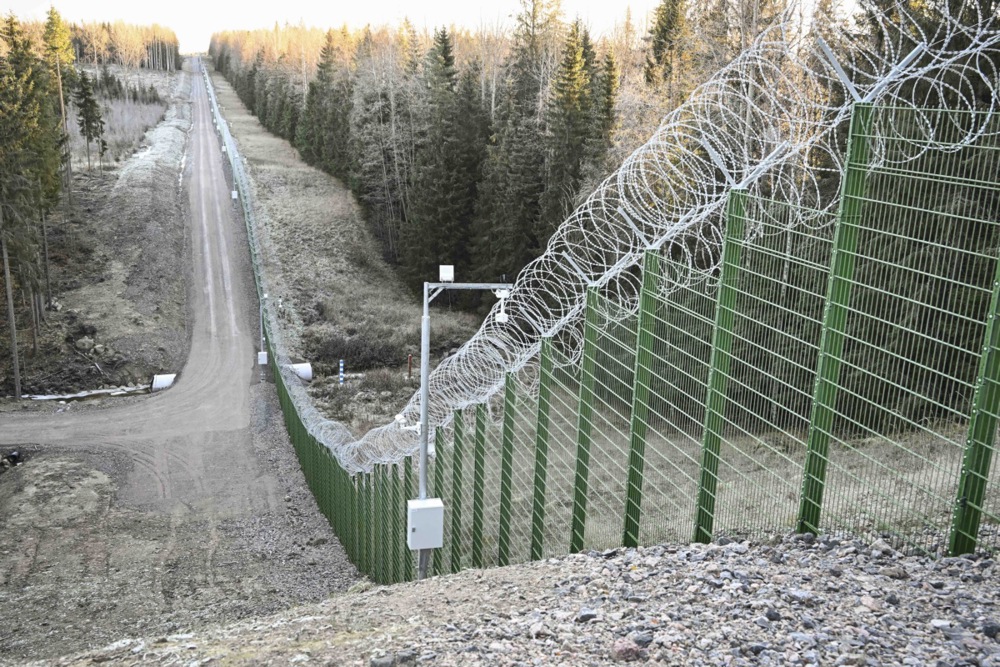After Finland closed its Eastern border with Russia following a spike in illegal migration, Russian-speaking Finns now say their human rights are being violated.
Helsinki has made it a lot more difficult to enter the country following its move at the end of November.
A couple of days ago, Finnish interior minister Mari Rantanen said she had written to the European Commission proposing that, in the case of what she called “instrumentalised immigration”, the European Union should consider the possibility of suspending asylum applications.
The closed border means not only are illegal migrants unable to cross from Russia to Finland but legal arrivals from there to the Scandinavian country also face heightened difficulties.
Around 100,000 people in Finland are Russian speaking and they often commute to Russian cities such as Vyborg and St Petersburg.
German news outlet DW quoted two people now facing such border-crossing problems. Viktoria Ilyina and Yevgenii Koshchevnikov were planning to go to Russia for their child to undergo surgery but they have been forced to postpone the operation due to the border closure.
They are also unable to visit Koshchevnikov’s father, who has cancer and recently suffered a stroke.
“I am very worried that my father’s health will disintegrate and I won’t be with him,” Koshchevnikov said.
“I have thought about leaving my family here and getting there via Murmansk or flying from Helsinki to Istanbul to get to him.”
In the Finnish city of Lappeenranta, which is 25 kilometres from the Russian border, they are not the only ones with such tales.
There, Russian is spoken by about five per cent of the population. After three of Finland’s Southern borders with Russia were closed on November 19, a number of Russian speakers staged a demonstration in front of the city hall.
One of the organisers of the protest Ivan Devyatkin said the decision to shut the border was “like a stab in the back”.
It was, he said: “A betrayal on the part of the Finnish Government – that we were not taken into account, as if we, the Russian-speaking minority in Finland, didn’t have our own interests.”
He said he wanted to talk with Finnish authorities in a bid to get at least one Southern border crossing reopened.
As he spoke, Devyatkin held up a poster on which was written in Swedish, the second official language in Finland: “I love Finland. But does Finland love me?”
In recent weeks, Finland’s Border Guard has reported a sharp increase in arrivals without correct papers reaching its South-Eastern border and requesting asylum.
Helsinki said Russia was consciously facilitating people without such documentation to transit through the country to try to enter Finland.
It is believed in Finland that the alleged Russian move may be in response to the Scandinavian nation’s decision to join NATO.
The migrants trying to enter the country are generally young and healthy individuals who already hold Russian residency cards, according to Finnish interior minister Mari Rantanen.
She described them as being “herded into Finland”.
Pro-migrant organisations have expressed concerns about the closure of the border with Russia.
The United Nations High Commissioner for Refugees said the move may prevent people who wish to apply for asylum from accessing the territory and availing of the asylum procedures in line with international refugee law.
Those concerns were echoed by the Finnish Non-Discrimination Ombudsman Kristina Stenman.
As she pointed out, as of now, the only places in Finland where individuals can apply for asylum are at the country’s airports and ports.





